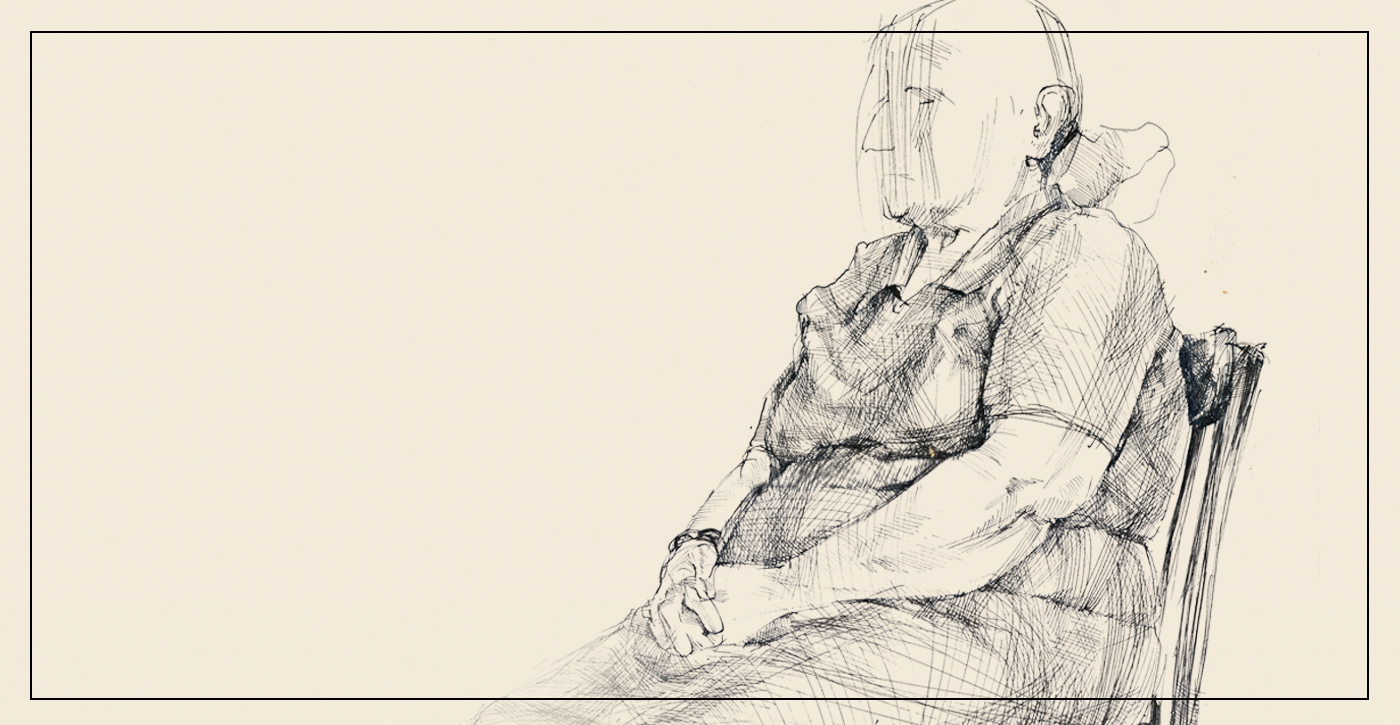It was June 1935, and the Great Depression had settled over our middle-Indiana town like the heat and humidity in summer, both seemingly with no end in sight.
Having completed my junior year in high school, my father told me that I was old enough to work with him through my summer vacation, helping him in his painting and decorating business.
He had been asked by the town to paint the exterior of the Carnegie Public Library. It was an imposing building with a dark brick base and a half-timbered stucco upper structure somewhat reminiscent of an English manor house. A heavy red-tiled roof burdened the three steep gables. The deep overhangs of the roof darkened the windows like pool-room lampshades.
Painting under the brooding overhangs required two long ladders with brackets at their tops, which supported a board upon which we stood. Spider webs and wasp nests had to be brushed from the crevices where the overhang met the wall.
To keep the paint from running down the brush handle while painting overhead, my father taught me my first painter’s trick, to dip sparingly into the bucket, then tap the brush lightly to the inside of the bucket before lifting out the brush. Under the shaded eaves it was difficult to see where we had painted, since we were applying dark green over dark green.
After painting for some time I asked Dad, "Why do we have to be so particular under here? I can hardly tell where I’ve painted. It doesn’t get any weathering, and if we didn’t paint this at all no one would ever know it."
Dad had a way sometimes of not answering immediately. These pauses he used very effectively, although at that moment I had not yet become aware of it. These little silent spaces were like the time it takes an arrow to reach the target after leaving the bow.
Dad was of long Quaker stock and still used the "plain language," and his was the last generation in our Quaker community to do so. Thinking perhaps Dad had not heard me, I was about to ask again when he said, "But son, thee would know it and I would know it."
He had properly assessed me as a tardy learner, and it was many years later that I became aware how often he used these pauses to make me receptive to the many arrows of wisdom he subsequently sent my way.
With some of them, I felt the points right away. Others I felt later when I had grown enough to understand and belatedly receive them. Although Dad has been dead many years, I still feel an arrow on occasion, a kind of inheritance I guess.
Many times since that summer long ago I have discovered that almost every job has some small part that could easily be omitted and no one would ever know it. When those moments of temptation arrive, if I look over my shoulder, it’s as if I again see Dad there with me on the board atop the ladders.
I don’t really see him, but I do hear him. He comes through to me as clear as the day he first answered me, and I hear again his words, "But son, thee would know it."


